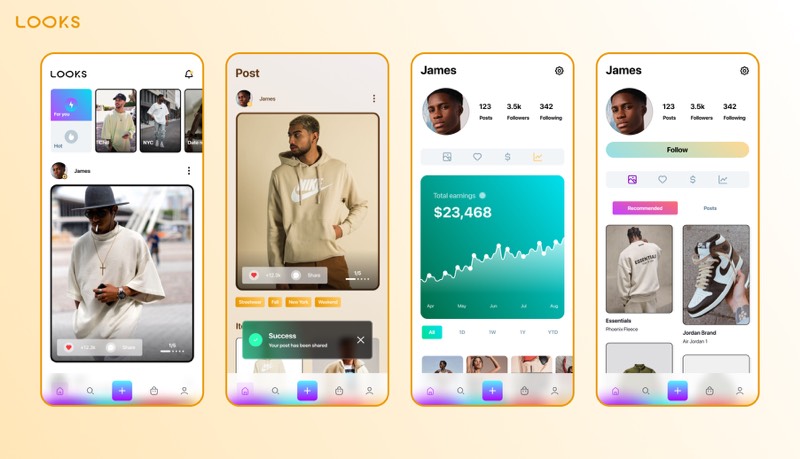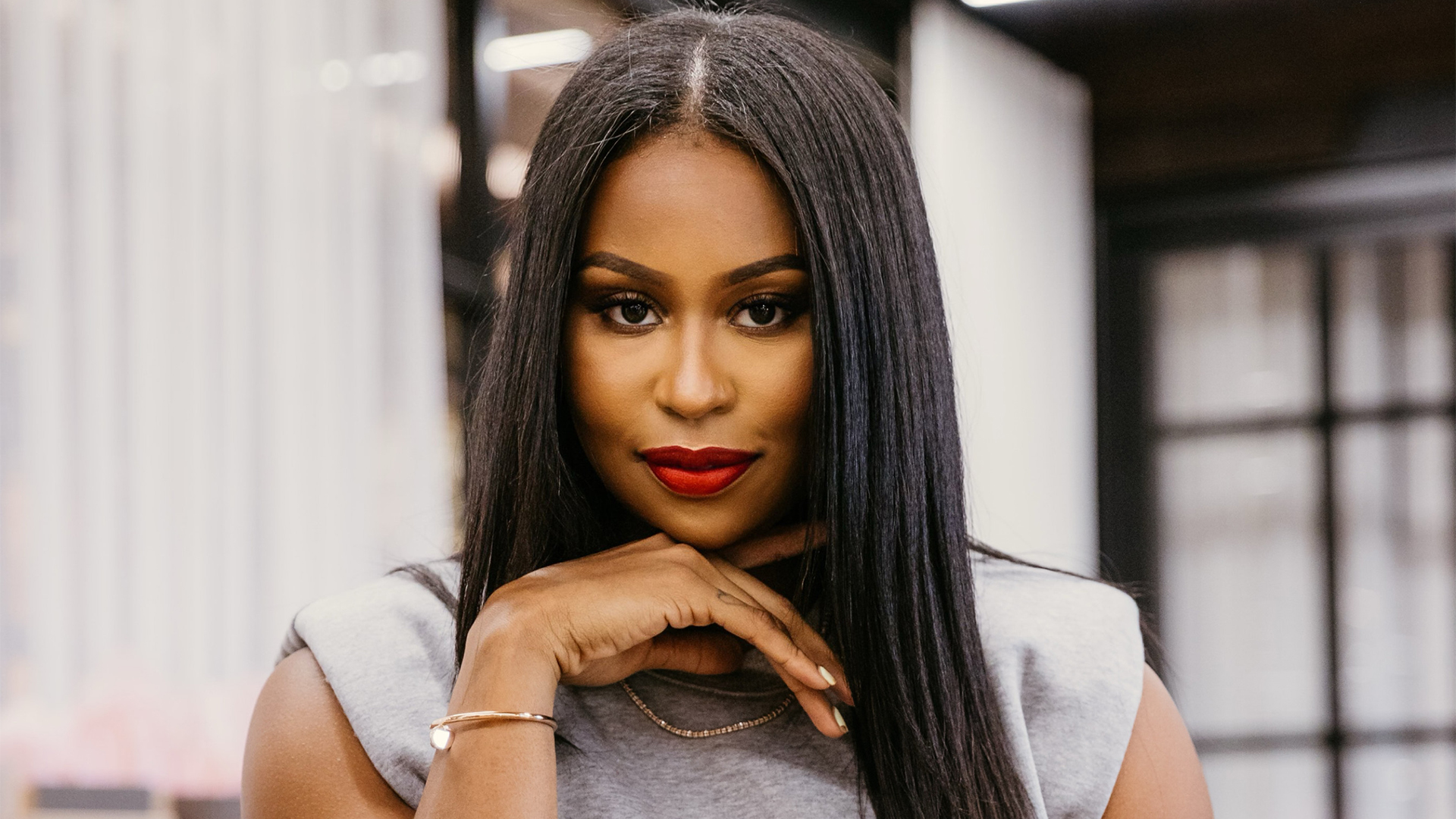Fashion enthusiast and designer Jessica Couch has brought her passion to the tech industry.
Journey Into Fashion Tech
Her foray into the sector wasn’t overnight. There was a period where her fashion sense was applied to a career as designer. Her aunt had taught her the art of sewing, and a small loan from her parents helped her open an online boutique in 2010, Luxor + Finch. During her three-year run, leading the boutique she was working with A-list stars including Lady Gaga. In the process of designing and fitting clothes, Couch became inquisitive about the various stumbling blocks she encountered and wanted to enhance the customer experience.
“If I run this store long enough, will I be able to create designs that are relevant to my community,” Couch told AfroTech. “After running that store for three years, I realized that one, yes I could do that, but had another question, which was whether the things that I implemented in my small store were a problem with other stores or was it just mine?”
At the time, she took actionable measures such as putting clothes on the average consumer in comparison to the “ideal model” and leveraging social media to market the designs.
“Now that’s not like a big deal,” she reflected. “Obviously everyone’s using social media, but back then there was a question of things that just were not happening.”
Small tech strategies had been helpful in her efforts as the owner of her online store. Couch’s desire to explore the tech industry further was prompted by her belief that the fashion sector would be revolutionized irreversibly if merged with tech.
“I immediately said, ‘Tech could change us forever.’ Because if I could just streamline my supply chain, if I could do 3D design, if I could just send it to somebody instantly and get it done, it would make my life easier,” Couch said.
From then on, the transition from being her own boss to learning tech was first met with harsh realities, including two paid internships that only allowed her enough funds to eat.
“I went from owning a company and working three years and being my own boss to literally having two internships in New York that paid me just enough to eat and sleep on my sister’s couch,” she said. “But what I was dedicated to was trying to ask questions and then creating these hypothesis and then figuring out how to validate them.”
Couch’s curious mind paved the way for her to launch Fayetteville Road alongside Brittany Hicks in 2018. According to theGrio, the management consulting firm uses fashion and fit technology to make sure products are optimally matched to individuals.
Looks
By 2022, Couch had taken it a step further, ultimately piecing together years of experience and acquired knowledge to found Looks. The platform is described as a fashion discovery engine that utilizes artificial intelligence (AI) to match people to products according to fit and style.
The platform’s purpose is multi-faceted benefitting stylists, shoppers, and brands across the board.

Empowering Brands
Looks was created to empower brands to reach a wider audience by making their products more visible. For example, one feature includes a “widget” that a brand can add to its website to turn the “best shoppers into influencers,” according to information on the company’s website.
In addition, brands can obtain insights on dead inventory and returns to improve their supply chain through a paid subscription.
“What our platform will do is give them that information so that they can optimize their supply and we can kind of balance supply and demand in fashion for the first time ever,” Couch explained. “No more arbitrary numbers. There will literally be data learned.”
Stylists Can Monetize Their Influence
For stylists, Looks will compensate individuals who are fashion forward. According to its website, the platform will “help stylists and stylish people to monetize their influence.” After a style is posted and shared within their community, the user can earn money every time the item is purchased.
“Peer-to-peer shopping isn’t new, but what is new is the fact that women of color, Black women especially, drive so much style and trend, and we are never even acknowledged for it,” Couch said.
“Black people do engage in something called conspicuous consumption,” She added. “That means that we spend more on our clothes so that we can fit into a certain genre or so that we can be seen a certain way. While many people frown upon this, I took that simple behavior, and I wanted to create a platform where we’re rewarded for it.”
Couch continued, “So, [usually] if you like it and fly and you like spending however much money you want on Jordans, and you’re pushing that product where people see you, they may go out and buy it. People see it, brands see it, they go out and they create more looks around it. But you never got paid for that. For the first time on my platform, you’re going to monetize one-to-one.”
As stylists earn more dollars through the items being featured on their profile, it will also help them leverage their influence for further opportunities down the line.
“An individual could go to a brand and say, ‘Listen, I’m driving a hundred-thousand dollars worth of product for you all. What do you want to do?'” Couch explained. “Now you have equity in your own influence and that brand because every time someone buys a product based on what you have on, you are going to get paid. Now, to me this will be liberating for people of color. I do want people to stop appropriating these styles and looks for free.”
Looks is currently in its beta stage, with plans to officially launch at an undisclosed date in 2023. Already, 1,200 brands are housed on the platform, and 4,000 stylists are preparing for onboarding.

